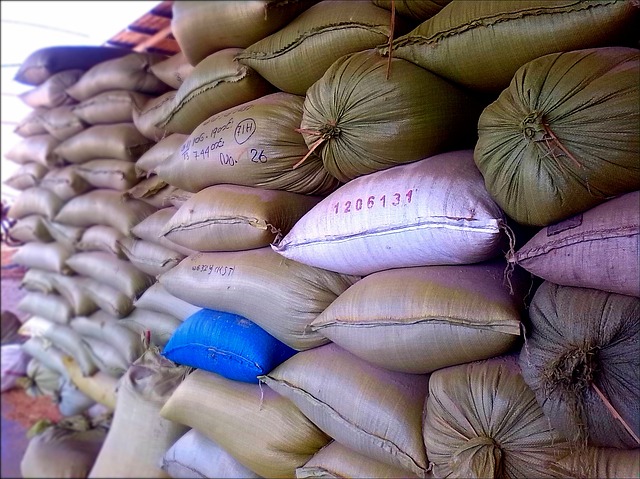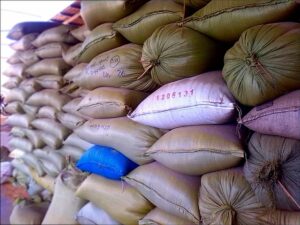
-
60 rice importers face BOC post-clearance audit
-
2019 audit found rice importers liable for payment of P1.42 billion in customs duties due to undervaluation, misclassification, understatement of charges
-
Undervaluation remains primary risk in collecting revenue for rice imports

A total of 60 rice importers will be audited by the Bureau of Customs’ (BOC) Post Clearance Audit Group (PCAG) this year over possible discrepancies in duties paid.
The audit will cover rice importations of these companies from January 1 to June 30, 2020, BOC said in a statement.
BOC last September announced the audit of these 60 companies for having the greatest number of incidents of deviation and the highest percentage of discrepancies in duties paid for their transaction-based audits. The 60 entities are among 245 that imported rice from March 5 to June 20, 2019.
READ: BOC steps up post audit of rice shipments
PCAG chief and assistant commissioner Atty. Vincent Philip Maronilla earlier said rice importers were part of the third batch of 121 auditees last year whose compliance records would be checked following the passage of the Rice Tariffication Law (RTL).
BOC noted that its 2019 audit of rice importers found “a low level of compliance among the audited rice importers where 85.45% were found to have violated customs laws and regulations.”
Based on the audit results, the auditees were found to be liable for the payment of P1.417 billion in deficiency customs duties, penalties, surcharges, and interest due to undervaluation, misclassification, and/or understatement of freight and insurance charges.
The audit also found that undervaluation of the declared customs value remains to be the primary risk in revenue collection for rice imports, accounting for P497 million or 36.08% of the total deficiency assessment.
Customs Administrative Order (CAO) No. 01-2019—which implements BOC’s post-clearance audit function—states that within three years from the date of final payment of duties and taxes or from customs clearance, BOC may conduct an audit examination, inspect, verify, and investigate records pertaining to any goods declaration, which includes statements, declarations, documents, and electronically generated or machine-readable data.
Such audit intends to ascertain the correctness of the goods valuation and determine the possible liability of the importer for duties, taxes, and other charges, including any fine or penalty.
To prevent rice smuggling, BOC in addition to audit has also intensified intelligence and enforcement measures, verifying reports from concerned citizens and stakeholders, such as local farmer federations.
BOC said it remains committed to its mandate to protect government revenue by suppressing all forms of smuggling of agricultural goods through intensified border control and post-clearance audit.
It added: “These efforts are also intended to protect the interests of our local federation of farmers and other producers of agricultural products directly affected by the RTL. Thus, strict legal measures and penalties will be imposed on those importers that will be found involved in the smuggling of agricultural products and other commodities into the country.”




